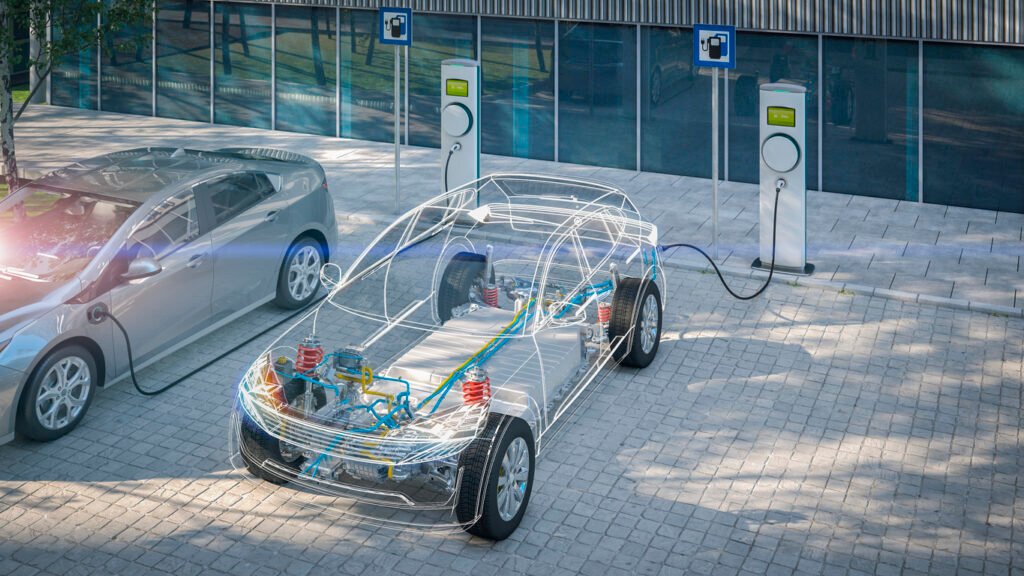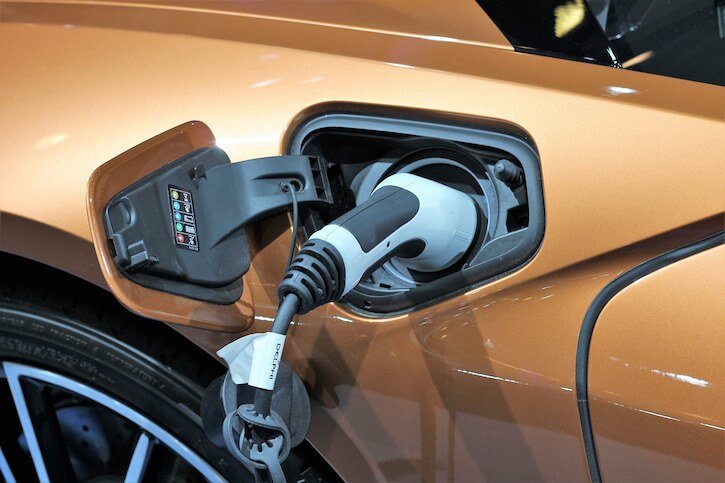How Hybrid Technology Improves Fuel Economy
Hybrid technology is revolutionizing the way we think about fuel efficiency. By combining traditional internal combustion engines with electric power, hybrid vehicles offer significant improvements in fuel economy. This article will explore how hybrid technology enhances fuel efficiency and the key benefits it brings to modern drivers.

Understanding Hybrid Technology
Hybrid technology integrates two power sources: a gasoline engine and an electric motor. The electric motor is powered by a battery that is recharged through regenerative braking and other means. This setup allows hybrid vehicles to optimize energy use, resulting in better fuel economy compared to conventional vehicles.
How Hybrid Technology Enhances Fuel Efficiency
1. Regenerative Braking
One of the most significant ways hybrid technology improves fuel economy is through regenerative braking. This system captures the energy that would otherwise be lost during braking and converts it into electricity. This electricity is stored in the battery and used to power the electric motor. By using this recovered energy, hybrid vehicles reduce the reliance on the gasoline engine, leading to improved fuel efficiency.
2. Electric-Only Driving Mode
Many hybrid vehicles offer an electric-only driving mode, where the vehicle operates solely on battery power at low speeds. This mode is particularly useful in urban environments where stop-and-go traffic is common. By relying on the electric motor for short trips and low-speed driving, hybrids use less gasoline, thus improving overall fuel economy.
3. Engine Efficiency
Hybrid technology enhances the efficiency of the internal combustion engine as well. In many hybrid systems, the gasoline engine operates more efficiently by running at a constant speed and load. This efficiency is achieved because the electric motor handles the variable loads and speeds, allowing the engine to run more smoothly and use less fuel.
Benefits of Hybrid Technology
1. Reduced Fuel Consumption
One of the most noticeable benefits of hybrid technology is reduced fuel consumption. By combining electric power with a gasoline engine, hybrids can achieve higher miles per gallon (MPG) compared to conventional vehicles. This reduction in fuel use translates to cost savings and a smaller carbon footprint.
2. Lower Emissions
Hybrid vehicles also produce fewer emissions than traditional cars. Since the electric motor can handle a portion of the driving, the gasoline engine runs less frequently and more efficiently. This results in lower levels of harmful emissions such as carbon dioxide (CO2) and nitrogen oxides (NOx), contributing to a cleaner environment.
3. Enhanced Driving Experience
Hybrid technology offers a smoother and more responsive driving experience. The seamless transition between the electric motor and gasoline engine ensures that drivers experience less engine noise and vibration. Additionally, the instant torque provided by the electric motor improves acceleration and overall performance.
Factors to Consider
1. Battery Life and Maintenance
While hybrid technology provides significant benefits, it is essential to consider battery life and maintenance. Hybrid batteries generally have a long lifespan, but they may eventually need replacement. Ensure that you understand the warranty and maintenance requirements for the battery and other hybrid components.
2. Initial Cost
Hybrid vehicles often come with a higher upfront cost compared to their conventional counterparts. However, this initial investment is typically offset by long-term savings on fuel and potential tax incentives. Consider the total cost of ownership, including fuel savings and maintenance, when evaluating a hybrid vehicle.
Conclusion
Hybrid technology is a game-changer in the quest for better fuel economy. By utilizing regenerative braking, electric-only driving modes, and enhanced engine efficiency, hybrids offer substantial improvements in fuel consumption and emissions. The benefits extend beyond just fuel savings, including a smoother driving experience and a positive environmental impact. When considering a hybrid vehicle, weigh the initial cost against the long-term savings and benefits to make an informed decision. With hybrid technology, drivers can enjoy the advantages of reduced fuel use and contribute to a more sustainable future.

